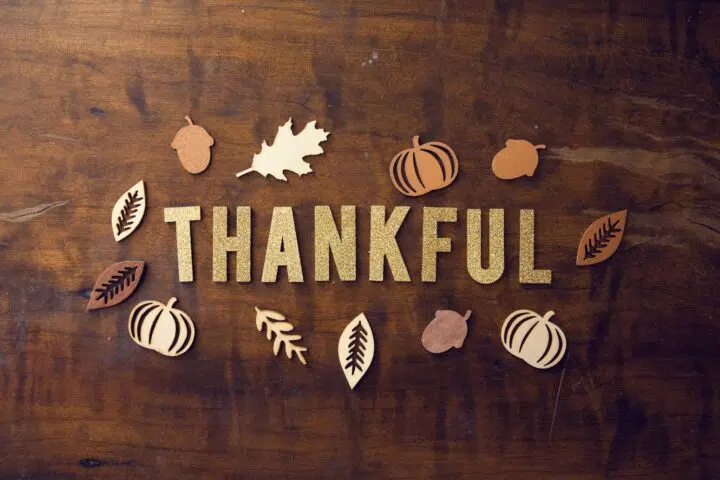This Fourth of July weekend, I’m musing on the Declaration of Independence. What exactly did our Founding Fathers mean by including “the pursuit of Happiness” as one of our unalienable rights?
Some say our Founding Fathers were influenced by Francis Hutcheson, an Irish reverend and philosopher, and others who believed that happiness was best achieved when people engaged in civic actions to ensure the greatest happiness for the greatest numbers. In other words, men like Washington and Jefferson, who had wealth and property and everything you could need to be “happy” by our modern definitions, knew that true happiness came from contributing to society, not just seeking personal wealth, satisfaction, fame, or glory.
Our interpretation of this “right” has changed in modern times. Most people today view it in a more self-gratifying manner. Our right to pursue happiness seems to mean the ability to seek personal fulfillment, material goods, time for our hobbies, etc. We have truly become a “me-centered” nation.
But what would happen if we all looked at the things that make us happy in our personal lives and sought to make those things more readily available to others? And what if we pushed our lawmakers to do the same?
So, if getting a college education helped you achieve happiness in your career, could you demand our politicians make college more accessible and affordable to all? If you were lucky enough to benefit from a grant in your arts career, might you encourage your Congressmen to make sure more grants were available for others? If you take pride in your heritage, might you encourage new candidates entering political races to embrace and support diversity in all areas?
And when your pleas fall on deaf ears, can you take matters into your own hands? When our lawmakers fail to care for those in need, can we be the ones to start scholarships, set up grants, raise awareness, take action?
Kathleen Kennedy Townsend wrote that the Founding Fathers knew, “People were happy when they controlled their destiny, when their voice was heard, when they participated in public events, when the government did not do things to them, or even for them, but with them.”
Our Founding Fathers understood that happiness is hollow when it’s not shared. And they recognized that when only a portion of our citizens are happy and others are not, unrest will follow. It isn’t just our duty to care for others, it’s our right. How privileged we are to live in a country where we can fight not only for our happiness, but for the happiness of others. Happy Fourth of July!
If you like this post, please share.


